New HVAC Install
duden72
11 years ago
Related Stories
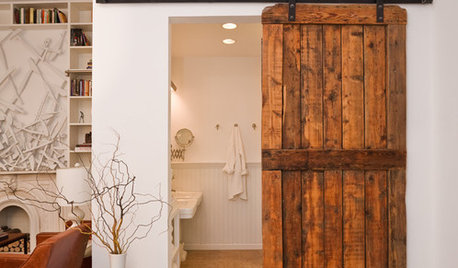
DOORS5 Questions to Ask Before Installing a Barn Door
Find out whether that barn door you love is the right solution for your space
Full Story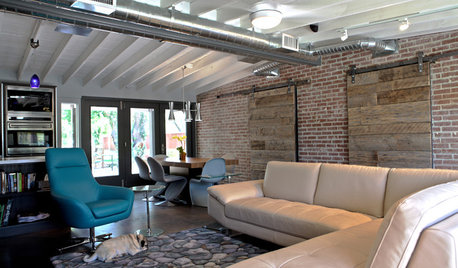
ARCHITECTUREHVAC Exposed! 20 Ideas for Daring Ductwork
Raise the roof with revealed ducts that let it all hang out — and open a world of new design possibilities
Full Story
MATERIALSInsulation Basics: What to Know About Spray Foam
Learn what exactly spray foam is, the pros and cons of using it and why you shouldn’t mess around with installation
Full Story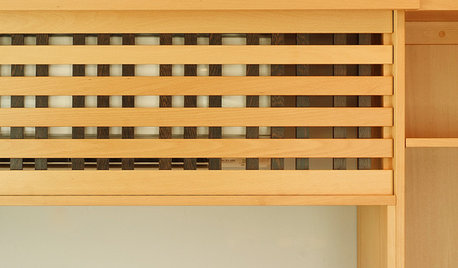
DECORATING GUIDES10 Ways to Hide That Air Conditioner
Feeling boxed in designing around your mini-split air conditioner? Try one of these clever disguises and distractions
Full Story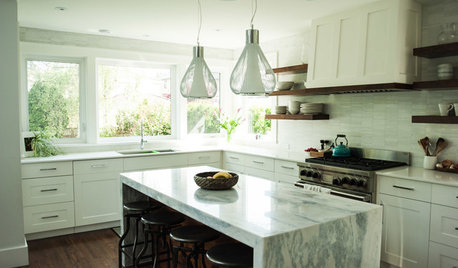
MOST POPULAR15 Remodeling ‘Uh-Oh’ Moments to Learn From
The road to successful design is paved with disaster stories. What’s yours?
Full Story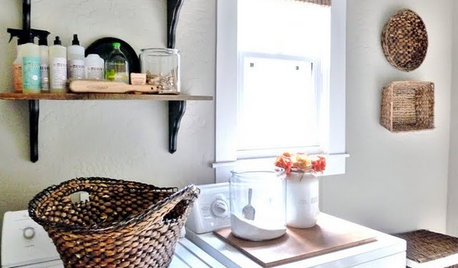
LAUNDRY ROOMS10 Great Laundry Room Ideas
Creative ways to sneak extra storage and time-savers into your laundry room
Full Story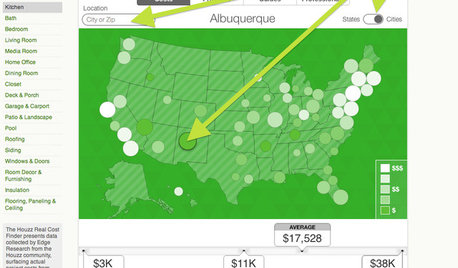
REMODELING GUIDESBreakthrough Budgeting Info: The Houzz Real Cost Finder Is Here
Get remodeling and product prices by project and U.S. city, with our easy-to-use interactive tool
Full Story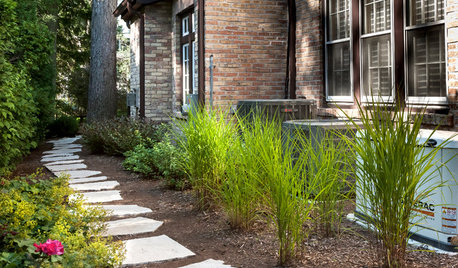
MOST POPULAR5 Ways to Hide That Big Air Conditioner in Your Yard
Don’t sweat that boxy A/C unit. Here’s how to place it out of sight and out of mind
Full Story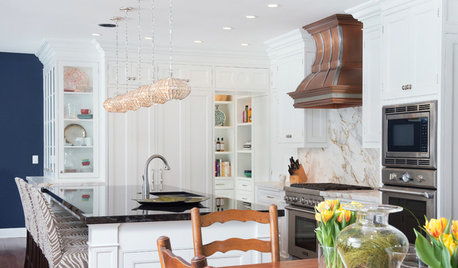
KITCHEN DESIGNWhat to Know When Choosing a Range Hood
Find out the types of kitchen range hoods available and the options for customized units
Full Story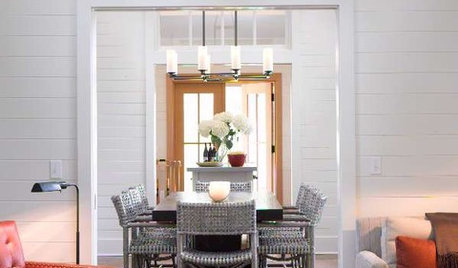
REMODELING GUIDESRenovation Detail: The Transom Window
Homes may no longer need them for air, but transom windows can bring in necessary light and hand-crafted style
Full Story





ionized_gw
duden72Original Author
Related Professionals
Phoenix Solar Energy Systems · Chatsworth Solar Energy Systems · Moorpark Solar Energy Systems · Pacific Grove Solar Energy Systems · Inver Grove Heights Solar Energy Systems · Champlin Home Automation & Home Media · Coral Terrace Home Automation & Home Media · Natick Home Automation & Home Media · Newport Beach Home Automation & Home Media · Pasadena Home Automation & Home Media · Plainview Home Automation & Home Media · North Versailles Electricians · La Habra Fireplaces · Seaside Fireplaces · Shorewood Fireplacesionized_gw
tigerdunes
tigerdunes
duden72Original Author
mike_home
ionized_gw
ionized_gw
duden72Original Author
ionized_gw
duden72Original Author
tigerdunes
ionized_gw